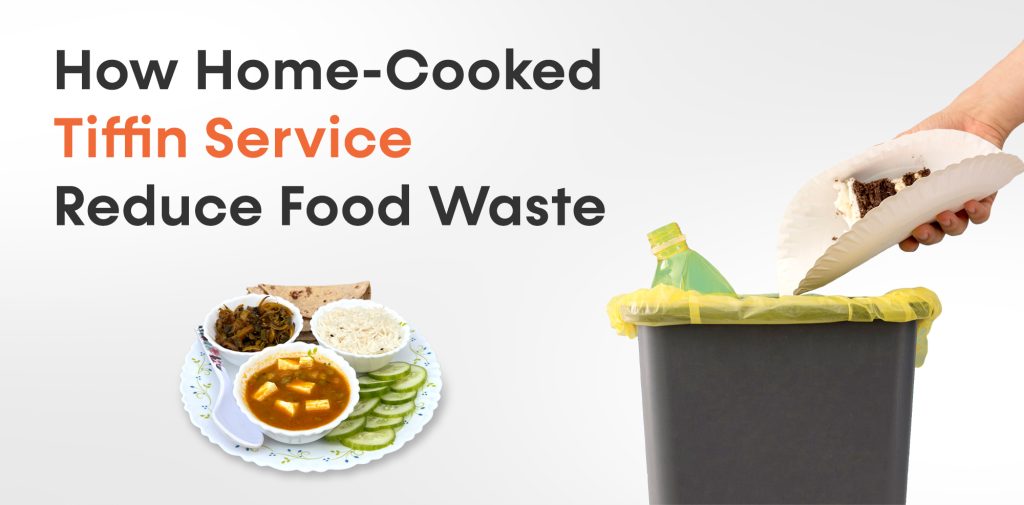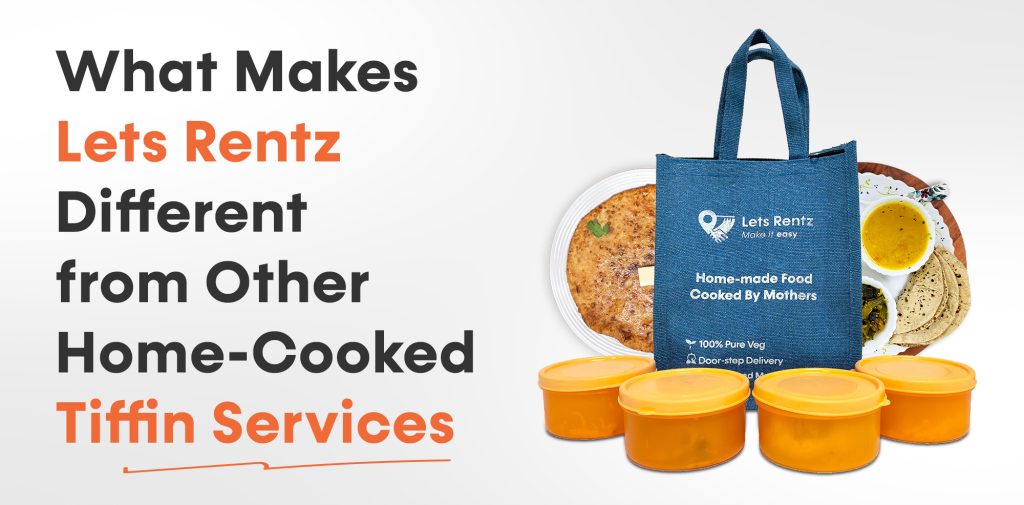The handling of food waste in India is becoming increasingly problematic as a result of the country’s population growth. Indians waste more food than the rest of the UK combined – a statistical point that will not be most reflective of our love of excess because it is representative of our demographic. In weddings, canteens, hotels, social and family gatherings, and homes, the majority of the food is thrown away. However, both food waste management and food waste generation are terrible problems in India. There is enough data to demonstrate how our streets, trash cans, and landfills harm the ecosystem.
In India, how much food is wasted?
In India, a larger marriage corresponds to a larger celebration and even greater waste. Undoubtedly, weddings and banquets are a major source of food waste; nevertheless, restaurants and hotels also play a part in this, even though awareness of the issue has expanded significantly over the past five years. While some Indian restaurants use food controllers to predict food spoiling, other restaurants distribute the food to their staff and other personnel, and smaller independent restaurants donate it to orphanages. Not many people use nonperishable food.
Findings about food waste
- 40% of the food produced was thrown away on average. This indicates that every day, 7.5 tons of food are wasted. Of the total waste items reported, about 84.7% was put in the trash can; the remaining portion was either fed to animals or the underprivileged.
- A sizable amount of the trash that was thrown in the trash was still edible. We often estimate that the amount of edible waste material created could feed at least 2000 people every day if it is used.
- Out of the ten stores surveyed, only two practised waste awareness, meaning they distinguished between edible and inedible food and made sure that food in good condition reached empty bellies. When midday arrived, one of them threw away their food so the cows in the area might have it. When the day was almost over, the other one said that they would give all of the edible garbage to the local workers and labourers for free.
In general, we prefer to draw the conclusion that there is a clear lack of awareness regarding waste material throughout the community. It is true that managing food waste in India is a far more difficult task than actually processing, storing, and transporting food grains and vegetables until they are on a customer’s plate. But the issue of waste material at the retail level is not one that can be ignored, especially when you consider that 7.5 tons of food are wasted every day, and that too exclusively.
Food waste has an effect on the economy
Many Indians, who make up 11% of the global population, will be fed by the improved method. Satisfying the food needs of India’s expanding population—1.7 billion people by 2050—while minimising food loss and waste presents a serious obstacle. Three thousand and one thousand litres of water, respectively, are wasted in the production of one ton of rice and wheat.
The production of food that is lost or wasted takes up around 250 cubic kilometres of water and 1.4 billion hectares of land worldwide. The Food and Agricultural Organization (FAO) estimates that around 17 billion tons, or one-third, of food produced for human use are lost or wasted annually on a global scale. This loss has accompanying costs that are estimated to be $1 trillion, $700 billion, and $900 billion annually in terms of the economy, ecology, and society.
Food waste in India can be valued at approximately INR 92,000 crore at 2014 wholesale rates once a year. In the food pricing chain, 24% of food loss and waste worldwide happens during the production phase, 24 % happens during handling and storage, and 35 % happens during consumption.
When combined, these three phases represent more than 80% of global food loss and waste. India would benefit from the recently established International Food Loss and Waste Protocol, which provides a framework for quantifying waste material along the value chain.
The Ecosystem Is Impacted By Food Waste
When temperature changes call for diversification, food loss and waste occur in the food and agriculture sectors. Food loss and waste are responsible for about 8% of greenhouse gas emissions worldwide. According to a new study, emissions from waste materials could rise much further.
Although food waste management in India is starting to pick up steam, more needs to be done to address one of the most pressing global issues: climate change. Food waste has a permanent impact on the environment. Since one of the main causes of the world’s greenhouse gas emissions is the management of food waste
In addition to wasting food, we also waste the energy and water required to manufacture it, which results in the production of ozone-depleting greenhouse gases including methane, carbon dioxide, and chlorofluorocarbons, which make up 7% of global emissions. Food waste that decomposes in landfills releases nitrogen, which depletes soil nutrients and creates dead zones.
The majority of the heat in the atmosphere is trapped by methane, which is released during the breakdown of food waste and lingers in the atmosphere for 20 years.
In a time when food waste is still a major worldwide issue and sustainability is of the utmost importance, home-cooked tiffin services have become a shining example of accountability and efficiency. Lets Rentz is a prime example of how these services not only meet the dietary demands of individuals and families in the Tricity area of Chandigarh, Panchkula, and Mohali, but also make a substantial contribution towards lowering food waste.
The Function of Tiffin Services Prepared at Home
Lets Rentz and other home-cooked tiffin services are vital in combating food waste since they employ a number of important tactics.
Customization and Portion Control
The focus on portion control and personalization offered by home-cooked tiffin services is one of their main benefits. Tiffin services let consumers choose the meals and the quantities they want, unlike eating out or placing an order at a restaurant where servings are frequently set. With this customised approach, there is less chance of leftover food going to waste because clients always get exactly what they need.
Lets Rentz, which serves the Tricity region of Chandigarh, Panchkula, and Mohali, is aware of the wide range of gastronomic tastes of its customers. Lets Rentz makes sure that every meal is prepared with care and precision, regardless of dietary restrictions, preferences for mild or spicy flavours, or serving proportions catered for people or families.
Efficient Delivery and Preparation of Meals
Another unique aspect of Lets Rentz’s strategy for lowering food waste is efficiency. Lets Rentz is a subscription-based business that carefully arranges its meal preparation according to what customers order. By being proactive, we can reduce overproduction and make sure that food is only made when there is a demand. Lets Rentz cooks uses ingredients wisely, which minimises food waste when cooking.
Lets Rentz’s distribution mechanism is also made with ease and the least amount of negative environmental impact in mind. Deliveries of meals are made in biodegradable or reusable containers, reducing the amount of single-use plastic waste. Empty container returns are welcomed and serve to further promote a closed-loop system consistent with sustainable practices.
Benefits and Considerations for Consumers
Beyond sustainability, selecting Lets Rentz for your tiffin service requirements in the Tricity area has the following advantages:
Nutrition and Well-Being: Mothers’ cooking is by nature more healthful and nutrient-dense since she uses fresh, locally produced foods.
Convenience: Scheduled delivery helps busy people and families enjoy delicious meals without the fuss of cooking by saving time and effort.
Affordability: Compared to eating out or placing restaurant orders, Lets Rentz offers competitive price options that are frequently more economical.
Customers are advised to look at menu selections, delivery times, and sustainability policies while selecting a tiffin service provider such as Lets Rentz. Perusing client endorsements and evaluations can yield significant knowledge about the calibre of services rendered and general client contentment.
Also Read - How We Ensure Food Safety And Hygiene At Lets Rentz – Our Rules And Practices
Conclusion: Using Lets Rentz to Adopt Sustainable Eating Practices
To conclude, Lets Rentz serves as an excellent example of how home-cooked tiffin services in the Chandigarh, Panchkula, and Mohali tricity area can significantly reduce food waste and encourage sustainable eating habits. Lets Rentz sets a high bar for ethical food service providers by emphasising portion management, utilising fresh products, putting effective meal planning into reality, and adopting sustainable methods across its operations.
Lets Rentz extends an invitation to the people living in the Tricity area to become part of its purpose of saving the environment and helping local communities, one meal at a time, as awareness of food waste continues to rise globally. Customers who choose Lets Rentz not only get to eat healthily and deliciously, but they also help create a more sustainable and environmentally friendly future for future generations. Lets Rentz is excited to provide its services and contribute positively to the Tricity community by upholding its values of sustainability and excellence.



